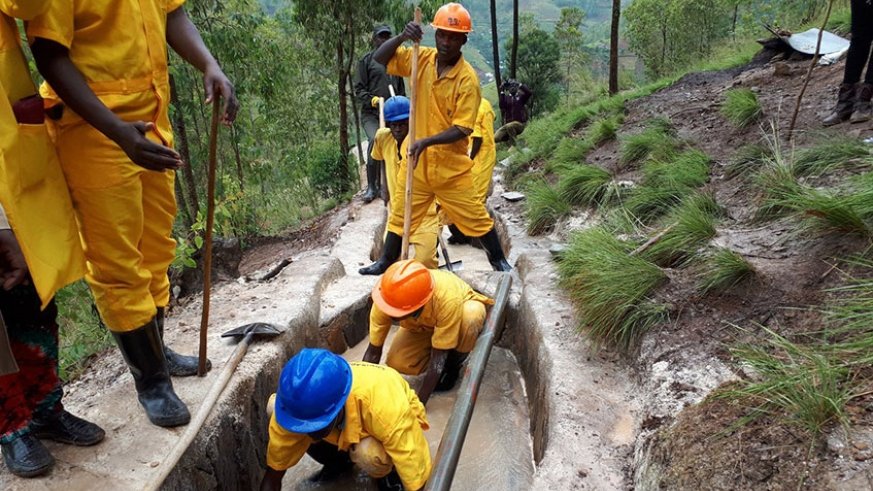More than 75,000 workers in Rwanda’s mining sector lack the skills and qualifications needed for their roles, according to the Rwanda Extractive Workers’ Union (REWU). This figure was shared during the conclusion of Rwanda Mining Week on December 7, where 500 miners completed training under the Recognition of Prior Learning (RPL) initiative, a program overseen by the Ministry of Labor.
A Major Skills Gap in Rwandan Mine Workers
Andre Mutsindashyaka, Secretary General of REWU, highlighted that nearly 75,000 workers did not receive formal mining education and could benefit from RPL training. This initiative seeks to bridge the skill gap for miners who haven’t attended universities or technical institutions.
Despite having over 81,000 registered miners in the country, only 5% have undergone formal training, according to REWU. The union aims to reduce this gap by at least 30% within the next five years. So far, more than 3,000 miners have been certified as qualified personnel.
The Importance of Rwandan mine workers training
The lack of proper training poses serious challenges, including workplace accidents, low wages, and insufficient social welfare benefits upon retirement.
Jean-Pierre Gatari, president of a mining cooperative in Rubavu District, acknowledged that most miners in his cooperative of 800 workers lacked the necessary skills. Only 40 had been certified through the RPL program. He emphasized that training leads to increased productivity, benefitting both the workers and the industry.
Leonidas Simpenzwe, Chairperson of the Rwanda Mining Association, stressed that skilled labor is essential to boosting Rwanda’s mineral exports. Currently, the country supplies 15% of the global coltan, cassiterite, and wolfram market. “To export more, we need a skilled workforce to enhance production,” Simpenzwe noted.
Government Support and Future Goals
Christine Nkurikiyinka, Minister of Public Service and Labor, underscored the importance of collaboration between government institutions and mining associations to close the skills gap. She highlighted the significance of the national policy on training and certification, which provides miners with a pathway to formalize their expertise.
“This program not only improves employability but also fosters entrepreneurship skills. It benefits workers and employers by boosting productivity and creating a better work environment,” said Nkurikiyinka.
A Path to Economic Growth
With mineral export revenues reaching $1.1 billion in 2023, Rwanda’s government has set an ambitious target to exceed $2 billion by 2029. To achieve this, closing the skills gap and increasing workforce efficiency will play a critical role in strengthening the mining sector and its contribution to the national economy.
By prioritizing training programs like the Recognition of Prior Learning, Rwanda is paving the way for a more skilled workforce, safer workplaces, and a thriving mining industry.

